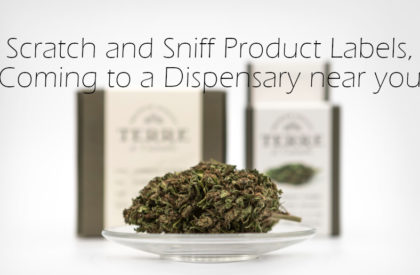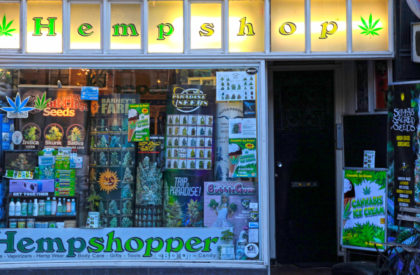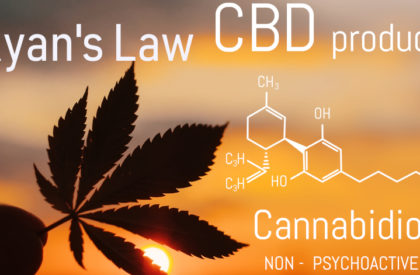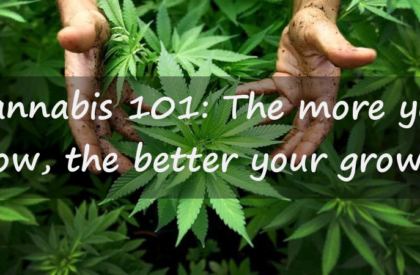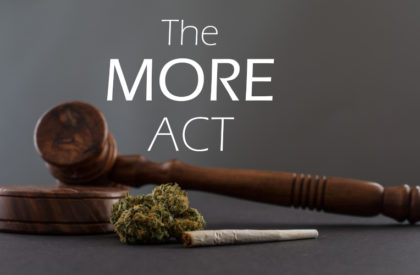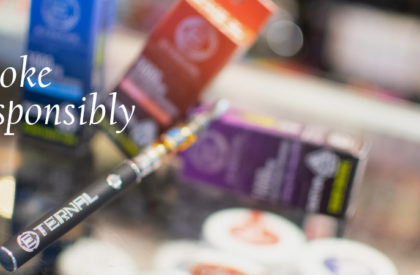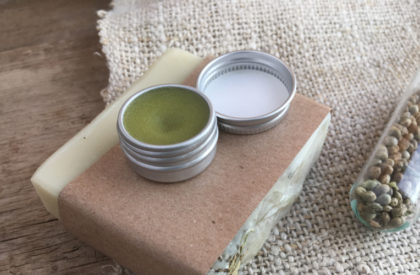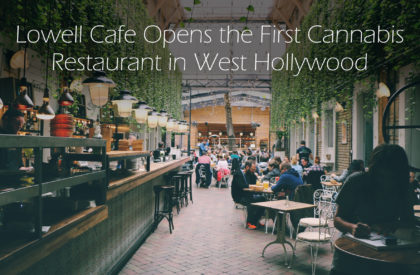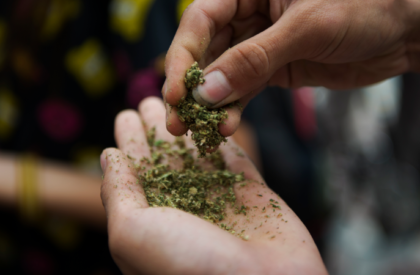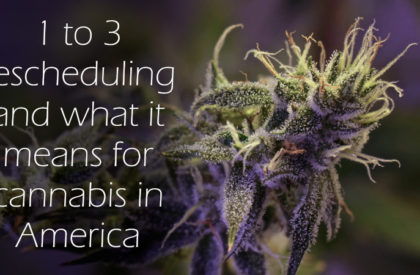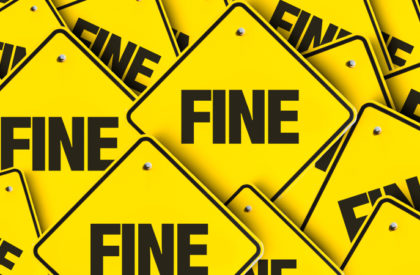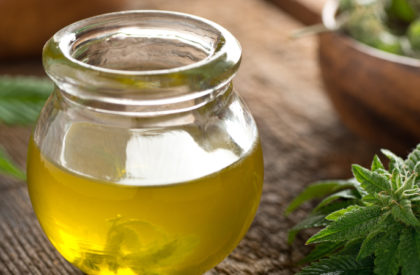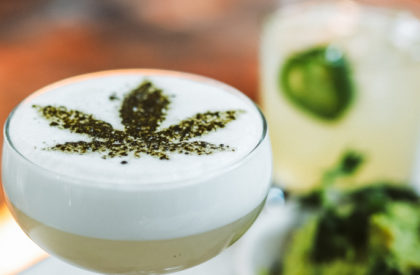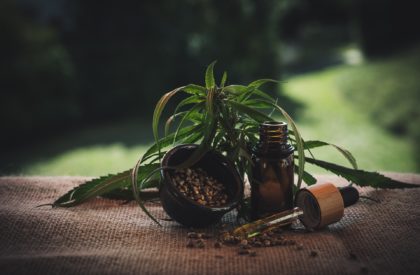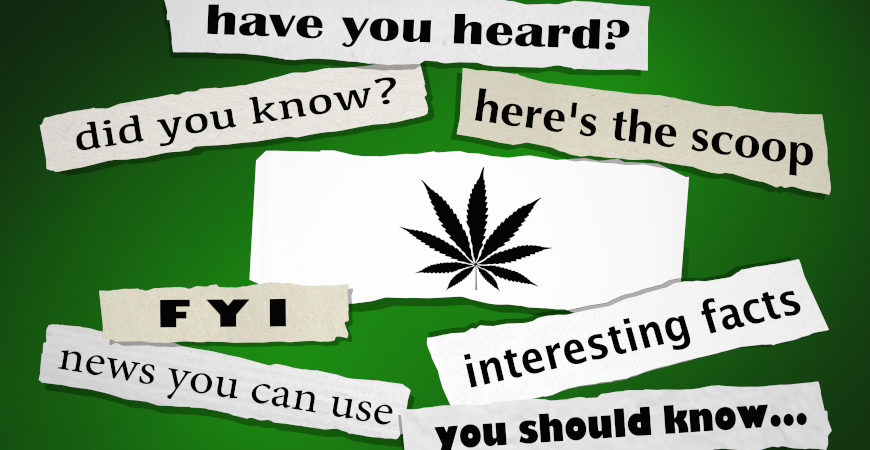
The Push to Rebrand Cannabis
A Noble Quest or A Means to Hide an Age-Old Stigma?
As much as there have been significant gains made in creating a more acceptable environment to legalized cannabis in recent years, there is still a long way to go. Thus far, 33 states have made medical use of cannabis legal, while 11 states, the District of Columbia, Guam, and the Northern Mariana Islands have legalized it for recreational use. Until its removal, there is still the challenge of cannabis’ listing as a Schedule I narcotic drug under Federal law. This means that in spite of state law changes, it is still a federal offense to grow, sell, and consume cannabis.
In states where cannabis consumption is legal, growers and vendors are doing much to try to rebrand the image of cannabis. This is in an effort to help grow the market, sometimes getting help from authorities. The illicit image of cannabis has made many potential consumers hesitant to indulge even a little in its use. Let us look at what helped create this negative stigma and how the supply side of the market is attempting to buck the trend.
Related Article: Healthy Cannabis Edibles
Cannabis’ Bad Reputation
While it is difficult to try and trace the exact etymological history and meaning of the word ‘marijuana’, there are several popular slang names for the drug and its strains, that give a good idea of how people have viewed it over the years. From the ‘Devil’s lettuce’, to ‘Dank’, many of the terms make it obvious that cannabis became something not to be enjoyed in open, polite society.
Ironically, there was once a time when marijuana was highly prized for its perceived therapeutic benefits by western medicine, thanks to the efforts of an Irish doctor by the name of William O’Shaughnessy in the late 1830’s. Hemp, a low-THC and high-CBD strain of Cannabis Sativa, was even one of three main crops grown by George Washington.
Its reputation, however, started changing towards the turn of the century as more Mexicans migrated to the U.S. and were vilified for their recreational smoking of marijuana. The 1960s War on Drugs eventually led to congress passing the Controlled Substances Act that criminalized the use of cannabis entirely. Making cannabis illegal and associating its use with those perceived as less desirable in society. It did a good job of altering what was once a medical prescription into a narcotic best enjoyed in hiding.
Attempts to change the public’s perception of cannabis as an illicit drug are not unique to the U.S. market. In Israel, much progress has been made not just in scientific research of cannabis, but also national acceptance as a valuable medical aid. The drug was approved for medicinal purposes in the 1990’s and currently, over 46,000 Israeli patients are permitted its use. Part of the success in having the drug so accepted was in the avoidance of the word ‘marijuana’ to deflect from its illicit associations.
Related Article: The MORE Act

How the Market Is Trying To Rebrand
As more states make the switch to making recreational use of marijuana legal, licensed vendors are doing much to try to make marijuana use more mainstream. Many of the older medical marijuana dispensaries are changing their décor to provide a more inviting atmosphere for curious customers.
Now ‘budtenders’ in hip lounges explain how different strains work, while older pharmacies set up wide glass displays of the latest cannabis products such as vape pens, creams, and inhalers. Much like supermarkets and night bars, some even offer customers a chance to take advantage of happy hour specials and daily discounts.
Cannabis tourism has also taken off with bus tours becoming an increasingly popular attraction for locals and visitors in California and Colorado. Attendees get to visit dispensaries, growing facilities, and get some cannabis education. Some tours have collaborated with local vendors to provide visitors with goodie bags and product samples. Certain legal restrictions and hazy regulations have complicated how such businesses can market their services, but they are doing their best to navigate unchartered waters within legal confines.
State authorities are also playing a part in trying to boost the cannabis market. While California is looking at what regulations to adopt for its own almost Organic certification for cannabis products. Due to Federal regulations, “Organic” cannabis is currently not an option by definition and matter of law. You can learn more about why “Organic Weed” is not available for purchase.
Washington is set to soon roll out its own ‘Certified Cannabis’ program that will see producers fall under the purview of the state department of agriculture. These organic certifications are meant to bridge the gap before eventual federal legalization of cannabis. They are expected to help boost consumer confidence and inspire stronger demand for the products.
Related Article: Opposition to Homegrow – Is the Concern for Public Safety Genuine?
Challenges of Going Organic
Organic produce is a no brainer for consumers. The standards applied through the National Organic Program are fairly rigorous and give consumers the confidence that the produce they are buying is of the highest quality. The certifications are what make people more accepting of the premium cost that much of this produce goes for.
For the farmers, however, going organic can be difficult, especially when you are working with low margins. The cost of inspections by a duly certified agent can run anywhere between a few hundred dollars to several thousand. Smaller-scale farmers find it difficult to cope with such expense while still expecting to make a reasonable profit.
The CDFA is looking at how to assist small-scale farmers to gain possible exemptions from these fees. The state authority is also looking at how OCal farmers will go about tracking plant additives. The committee expects to release their first proposed draft of OCal regulations by 2020.
Adhering to alternative organic standards like the increasingly popular Clean Green Certification can also be expensive for farmers. With consumers currently not as aware of the merits of organically grown marijuana, it may yet take some time and education to get more consumers on board with the idea and hopefully encourage more spending in this segment of the market.






